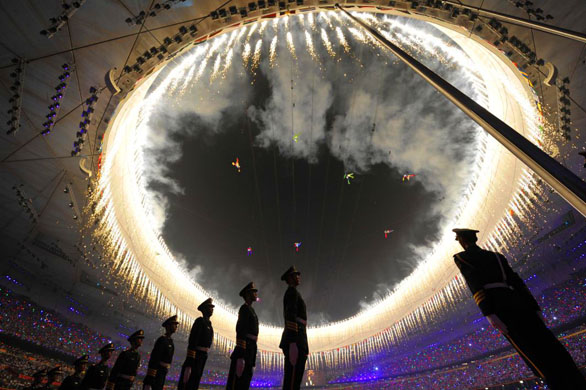Ever since The Sunday Times published the “rape” cartoon that the entirety of South Africa is now talking about (that would be Sunday), I have been literally inundated with an email asking what 6000 miles… readers should say when asked about it, in order to remain “on message”.
This cartoon was removed at the
request of Zapiro’s legal team.
6000, September 2009
Exhibit A: the cartoon in question.
Looking around the SA interwebs, plenty of others have already had their say:
“While we accept that cartoonists have the licence to express controversial views, yesterday’s cartoon is in extremely bad taste and goes way beyond limits of acceptability”
“The cartoon rubbishes the collective integrity of the alliance and constitutes yet another continued violation of the rights and dignity of the ANC president.”
“In a country where we have a serious scourge of fighting violence against women and in particular, rape, we need to be very careful how we use the notion and the concept of rape loosely to demonstrate any form of perceived abuse.” [link]
and for the other side:
“Good for you dude. That cartoon is an absolutely accurate description of the state of affairs… so I’m doing my part to spread it around.” [link]
“There is a very, very pronounced tendency in this country towards exceptionalism, as if our politicians are more sacrosanct than politicians worldwide. That I take issue with.” [link]
For me, Zapiro (the pen name of cartoonist Jonathan Shapiro) has taken things a step too far on this occasion. I have issues with his trivialisation of rape and his portrayal of abuse of women for political ends and also his imagery (again) linking Jacob Zuma with rape – 2 years on from JZ’s acquittal for that crime. It seems likely that Zuma will now sue for defamation – he may feel that he has a strong case, given Shapiro’s apparent vendetta against him.
Please don’t think that I am naive as to what Shapiro is trying to say – I wrote about the whole situation just last week. Disappointingly, the astute, amusing, politically savvy and downright insightful political spectator and commentator has let himself down with this particular piece of work. Many would say that in just stirring up this fuss, he has achieved his objective – to publicise the issue of JZ’s inevitable presidency versus his corruption trial and the difficulties that poses for this country. I think we were all aware of that issue anyway.
I just feel that it could have been done a whole lot more tastefully.

